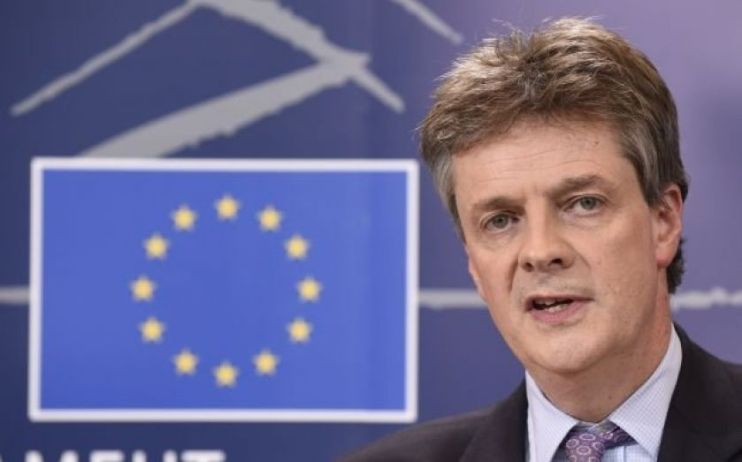Lord Hill: I’m no cheerleader for Spacs but UK should leave door open

Lord Hill, who recently published a review into London’s listing rules, has said he recognises concerns over Spacs but fears the UK may regret paying attention to the vehicles in a few years time.
Special acquisition companies – Spacs – have risen to prominence during the pandemic in the US and in parts of Europe.
Also known as blank cheque vehicles, Spacs raise capital through a public listing with the purpose of acquiring an existing company. They’re often considered an alternative to na IPO and offer private companies a faster and more predictable way to go public.
There are however concerns that the unprecedented interest in Spacs has seen a bubble form and there are broader concerns over frothy valuations.
Former EU commissioner Lord Hill today said he understood the concerns as he spoke at a Centre for Policy Studies webinar on the Future of the City.
“My view on Spacs… is not to be a cheerleader for Spacs. I completely recognise people have proper points about the bubble and safeguards about it… These points are well made.”
“I don’t think they’re in their final state, they’re evolving,” HIll said. “If we think, in some evolved form, they are going to be a permanent part of the landscape in the US and elsewhere in Europe, it’s a very big call by the UK to say we do not ever want to be part of that.”
As part of his review into London’s listing rules, Hill recommended rules surrounding Spacs in London, where vehicles may have to suspend trading when a deal is announced, be liberalised.
“It’s better to have the discussion, which by making a recommendation makes it possible,” Hill said today. “Had we taken that [decision] we might have woken up in a few years time and thought “Oops. The UK has just missed out on this thing which is permanent and has settled down into a steady state… and the UK has decided not to be a part of it’.”
The City has been ‘neglected’ for years
Speaking more broadly about the listings review, Hill said it was indicative of the Chancellor and the government of shifting its focus post-Brexit.
“We’ve now got a Chancellor who recognises that you’ve got to move on. Since November I’d say the pace with which he has been announcing new initiatives,” noting his own review on top of the Kalifa review into the fintech industry and plans to look into Solvency II.
“There’s gathering pace behind the idea that the government needs to be more attentive to the interests of the City. I think for much of the last four and a half years the City felt rightly neglected… which is not a very good context in which to make people feel confident about the future but I think that has shifted.”
Looking forward he is confident the government, regulators and market are more broadly aligned on “the need to get on with constructing a more nimble, competitive, dynamic regulatory future for the City.”